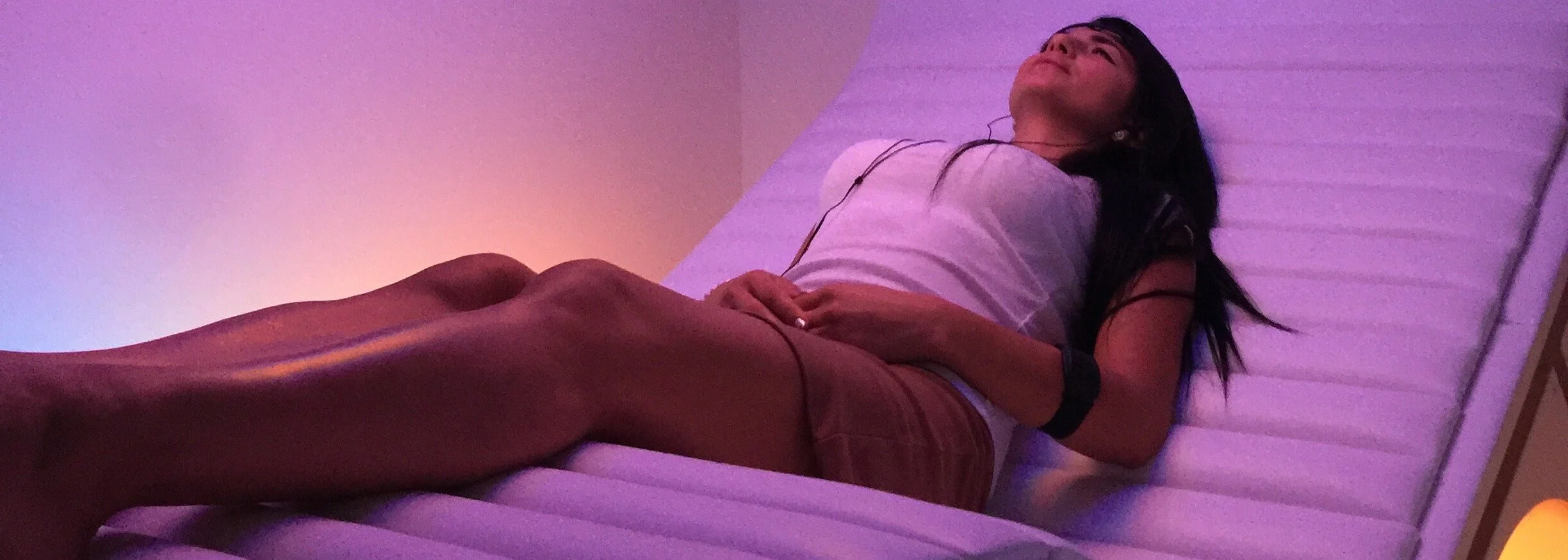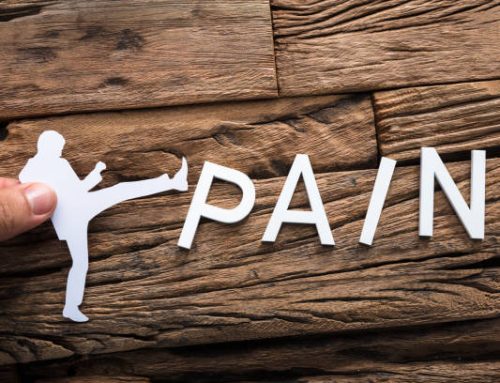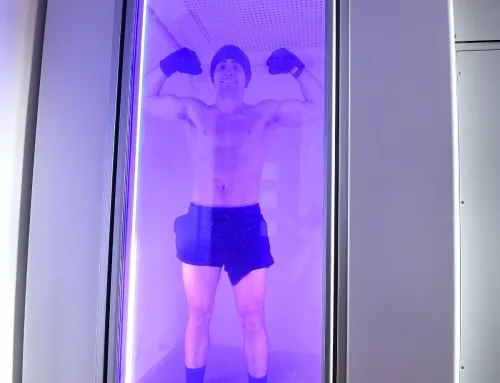Neuro-cosmetics and neuro-aesthetics sit at an intriguing intersection of neuroscience and skincare, delving into the brain-skin relationship to boost both physical appearance and emotional well-being. For nearly twenty years, research has examined the mutual influence of our mental state and skin health, leading to groundbreaking advancements in these fields.
The Essence of Neuro-Cosmetics
The brain and skin are intricately connected through a network of nerves, hormones, and biochemical pathways, meaning our emotions and mental health significantly impact our skin. Stress, for example, can worsen conditions like acne, psoriasis, and eczema due to cortisol release, which disrupts hormonal balance and weakens the skin’s barrier.
Neuro-cosmetics take advantage of this brain-skin connection to foster healthier skin. By targeting the nervous system and directly interacting with the skin, these products and treatments aim to manage stress, reduce inflammation, and enhance skin quality holistically. This approach treats the surface of the skin and addresses the neurological roots of skin problems.
Introducing Rebalance Impulse: A Game-Changer in Neuro-Cosmetics
The Rebalance Impulse technique represents a major leap forward in neuro-cosmetics. This innovative method focuses on recalibrating the autonomic nervous system, which oversees involuntary functions, including those affecting the skin. Research has demonstrated the profound potential of these rebalancing sessions.
Key Insights from Rebalance Sessions
- Autonomic Nervous System Rebalancing: Rebalance sessions promote relaxation and stress reduction by activating the parasympathetic branch of the autonomic nervous system.
- Enhanced Alpha Wave Activity: These sessions significantly increase alpha wave activity, particularly at 11 hertz, with lasting effects even after the sessions, indicating a sustained impact on brain function.
- Increased Theta Rhythm: The theta rhythm, linked to deep relaxation and meditation, shows a robust and stable increase during Rebalance sessions.
These neurological changes collectively help restore balance to three essential neuro-hormones: serotonin, dopamine, and oxytocin, which are vital for regulating mood, stress, and overall life quality.
Skin Health Benefits Post-Rebalance Impulse Sessions
The neurological enhancements from Rebalance Impulse sessions lead to significant improvements in skin health. Here are some key benefits:
Immediate Lifting Effect
One immediate benefit is the lifting effect on the skin, noticeable both to the individual and others. These sessions relieve facial muscular tension, resulting in a more relaxed and youthful appearance. This process reduces expression lines, giving the skin a sense of well-being and profound relaxation.
Medium and Long-Term Benefits
The state of neuro-relaxation and emotional balance achieved during Rebalance sessions acts as a natural anti-inflammatory, enhancing skin appearance and quality over time. Individuals often experience less oily skin, reduced irritation, fewer acne breakouts, and relief from conditions like eczema and erythema.
Enhanced Cosmetic Treatment Outcomes
Rebalance neuro-meditation sessions also prepare the skin for cosmetic and aesthetic treatments. The neuro-relaxation and well-being achieved create an optimal environment for the skin, boosting the benefits of both invasive and non-invasive procedures. Before treatments, the skin is more relaxed, allowing for better penetration of active ingredients and more effective stimulation or intervention on the dermis and epidermis.
The Role of Stress in Skin Health
Stress is a significant factor that can deteriorate skin health over time. Jackie Damboragian, a health coach at Dr. Frank Lipman’s Eleven Eleven Wellness Centre in NYC, notes that stress can trigger skin issues such as acne, psoriasis, or eczema. Stress releases cortisol, which disrupts hormonal balance and can lead to breakouts. It also affects gut bacteria balance, further impacting skin health.
Managing stress is crucial for maintaining healthy skin. Various nonpharmacological interventions, including hypnosis, support groups, biofeedback, meditation, guided imagery, progressive muscle relaxation, cognitive-behavioural therapy, and other psychotherapies, have proven effective in managing psychodermatological conditions. These methods help reduce overall stress, positively affecting the skin.
Conclusion
Neuro-cosmetics and neuro-aesthetics are revolutionising skincare by emphasising the deep connection between the brain and the skin. Techniques like Rebalance Impulse show that addressing neurological factors can lead to significant improvements in skin health and overall well-being. By managing stress and promoting emotional balance, these innovative treatments offer a comprehensive skincare solution, enhancing both appearance and quality of life.





